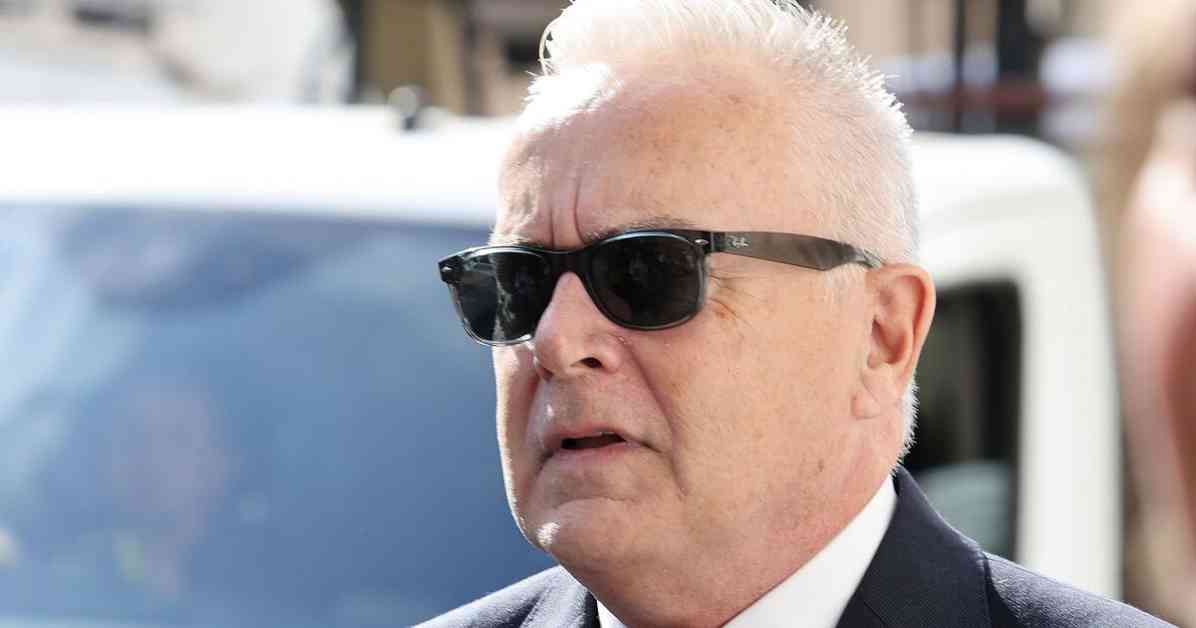Huw Edwards, a former BBC presenter, recently pleaded guilty to three counts of making indecent images of children. This confession came shortly after the BBC disclosed his salary for the 23/24 financial year, revealing that he earned a substantial £475,000 despite being off the air for most of the year due to an internal investigation. Eventually, he left the company in April 2024 on medical advice.
The revelation of his high salary has sparked outrage among BBC viewers, with many taxpayers now calling for him to refund the money in light of his guilty plea. Last week, the BBC released a list of its top earners, placing Huw in the top 10, further fueling public anger as news of his court appearance emerged.
Social media platforms have been flooded with comments demanding that Huw Edwards repay the salary he received while on sick leave. The BBC claims they were unaware of the charges against him until they were notified by the Metropolitan Police on Monday. Given these developments, the question arises: should Huw Edwards be obligated to return his £475,000 earnings?
The public sentiment seems to lean towards a resounding yes, with many expressing their outrage at the situation. Calls for him to repay the money are growing louder as more details about his case come to light. The issue has divided opinions, with some defending Edwards and others condemning his actions.
As the debate rages on, it raises important questions about accountability, ethics, and the responsibility of public figures. The case of Huw Edwards serves as a reminder of the scrutiny that high-profile individuals face and the consequences of their actions.
In the midst of this controversy, it is crucial to consider the impact of such scandals on the reputation of media organizations and the trust of their audience. The BBC, as a publicly funded institution, is under particular scrutiny to ensure transparency and integrity in its operations.
Ultimately, the decision of whether Huw Edwards should refund his £475,000 salary after his guilty plea remains a contentious issue. The court of public opinion continues to weigh in on the matter, highlighting the complex interplay between personal conduct, professional responsibilities, and public accountability.





















